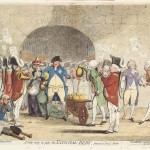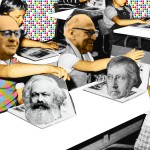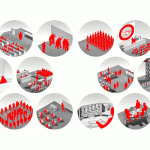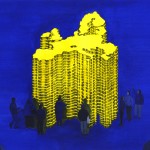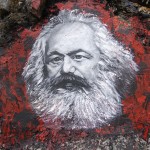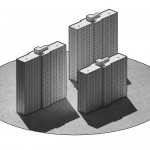
Inside Logistics: Organization, Work, Distinctions
Logistics can never be understood from outside the warehouse, only by coming inside and looking at the techniques employed, the equipment and the organization of work does one understand if we find ourselves faced with something that belongs to the new economy, in the real sense of the term, or that resembles the sweatshops of Bangladesh. There is therefore no organization of standardized labor with specific figures, because every commodity sector has its specificity in industrial logistics, and because in distribution logistics, not all goods are subject to the same treatment (think only of perishable products, the cold chain or dangerous and toxic products). Speaking in the generic sense of “logistics” does not lead us anywhere.
 Viewpoint Magazine
Viewpoint Magazine